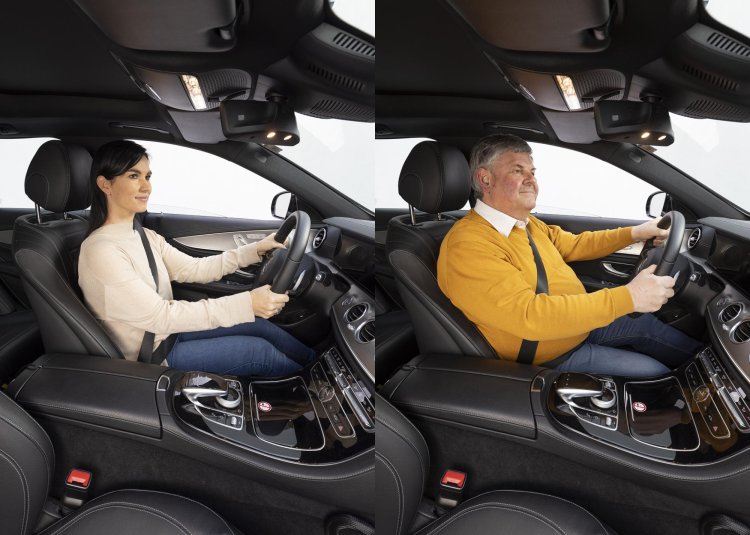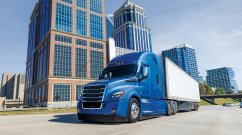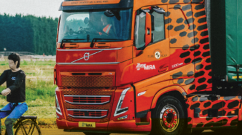ZF Passive Safety Systems has introduced a cutting-edge seat belt system that promises a paradigm shift in vehicle occupant safety. The Multi-Stage Load Limiter (MSLL) technology not only enhances the adaptability of belt force limitation but also opens up a new era of interaction with other safety systems, making seat belts smarter and more dynamically controllable.
Key Advancements in Adaptive Safety:
The MSLL takes center stage in individually tailoring the seat belt system, significantly improving its ability to adapt to the size and body weight of vehicle occupants. This innovation plays a crucial role in minimizing the consequences of accidents and allows car manufacturers to meet the evolving requirements of the NCAP Roadmap 2030.
Intelligent Flexibility:
What sets this technology apart is not only its capacity for individual control but also its extended interaction capabilities with other safety systems. The MSLL, as a switchable force limiter, transforms the seat belt into an intelligent, flexibly controllable safety device, ushering in a new era of adaptive and personalized protection.
Enhanced Crash Response:
Traditional restraint systems already intervene early in accidents, tightening the belt before impact to reduce slack and controlling deceleration. ZF's MSLL takes this a step further with its multi-stage design, offering better variability in restraining forces throughout the entire crash sequence. This ensures a more tailored response to individuals of different stature, providing optimal protection during various collision scenarios.
Next-Level Adaptivity:
Looking ahead, ZF envisions a future where sensory recording of the vehicle's interior enhances variability in belt forces. Utilizing interior cameras and sensors within the seat belt system, the technology aims to recognize occupants' positions and apply individualized belt forces during collisions. This approach can benefit various demographics, from children in the rear seat to older individuals with changed bone structures, offering improved occupant safety.
Networked Safety Ecosystem:
The MSLL's connectivity extends beyond the vehicle's interior, integrating with external sensors from cameras to radar. By understanding the direction of an impact, the technology ensures better-adapted protection for smaller individuals in moderate accidents and potentially enhances safety for heavier occupants in overload scenarios.
ZF's unveiling of the Multi-Stage Load Limiter represents a leap forward in intelligent seat belt technology, promising a future where vehicle occupants experience personalized and adaptive protection. As safety standards evolve, ZF's innovative approach sets the stage for a new era of smart and responsive automotive safety systems.
















